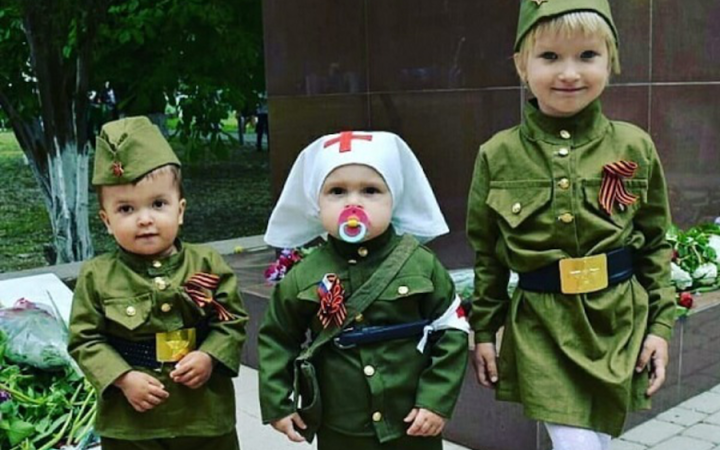Russia is actively using myths about World War II to justify the war in Ukraine.
This is stated in a report by the Institute for the Study of War (ISW) on 8 May.
“The Kremlin continues to use Russian myths about World War II on the eve of the Russian 9 May holiday to create information conditions to justify the ongoing war in Ukraine and future aggression against NATO in the eyes of Russian society,” the analysts state.
They cite, as an example, an article by Russian Defence Minister Andrei Belousov, in which he claims that Russia’s war against Ukraine “will go down in history as a feat equivalent to the victory of Soviet troops and people during World War II”.
According to ISW analysts, the Kremlin is attempting to link Vladimir Putin’s anti-Western rhetoric to World War II myths in order to reinforce the image of an “existential threat” allegedly faced by Russia. In addition, the Kremlin is “reconstructing the Soviet-era narrative that the West is planning to destroy Russia (instead of the Soviet Union) and that the conflict will be endless”.
Earlier, the Ministry of Foreign Affairs of Ukraine recalled that World War II began with an agreement between Nazi Germany and the Soviet Union.
- As is known, one of the fundamental myths of the USSR – the “Great Patriotic War” – has served as an important tool for keeping the former Soviet republics within the orbit of Russian influence since 1991.
- Following the Russian invasion in 2014, the Russian authorities began using this myth to mobilise the population to fight against Ukraine. For Ukraine, dismantling this myth became a matter of national security – and this effort proved successful.
- In Ukraine, the commemoration of the end of World War II in Europe on 8 May began in the early 2000s. In 2014, the Ukrainian Institute of National Remembrance and the Ministry of Culture supported this format at the governmental level.
- In 2015, first by presidential decree and then through decommunisation laws, 8 May was introduced as the Day of Remembrance and Reconciliation – a commemorative date but not a public holiday – while 9 May remained the Day of Victory over Nazism, as public sentiment was not yet ready to abandon the familiar date.
- On 8 May 2023, President Volodymyr Zelenskyy signed a decree declaring 9 May as Europe Day in Ukraine and introduced a bill to Parliament to establish 8 May as the Day of Remembrance and Victory over Nazism in World War II as a public holiday – replacing 9 May, the Day of Victory over Nazism in World War II.








